Editorial Team
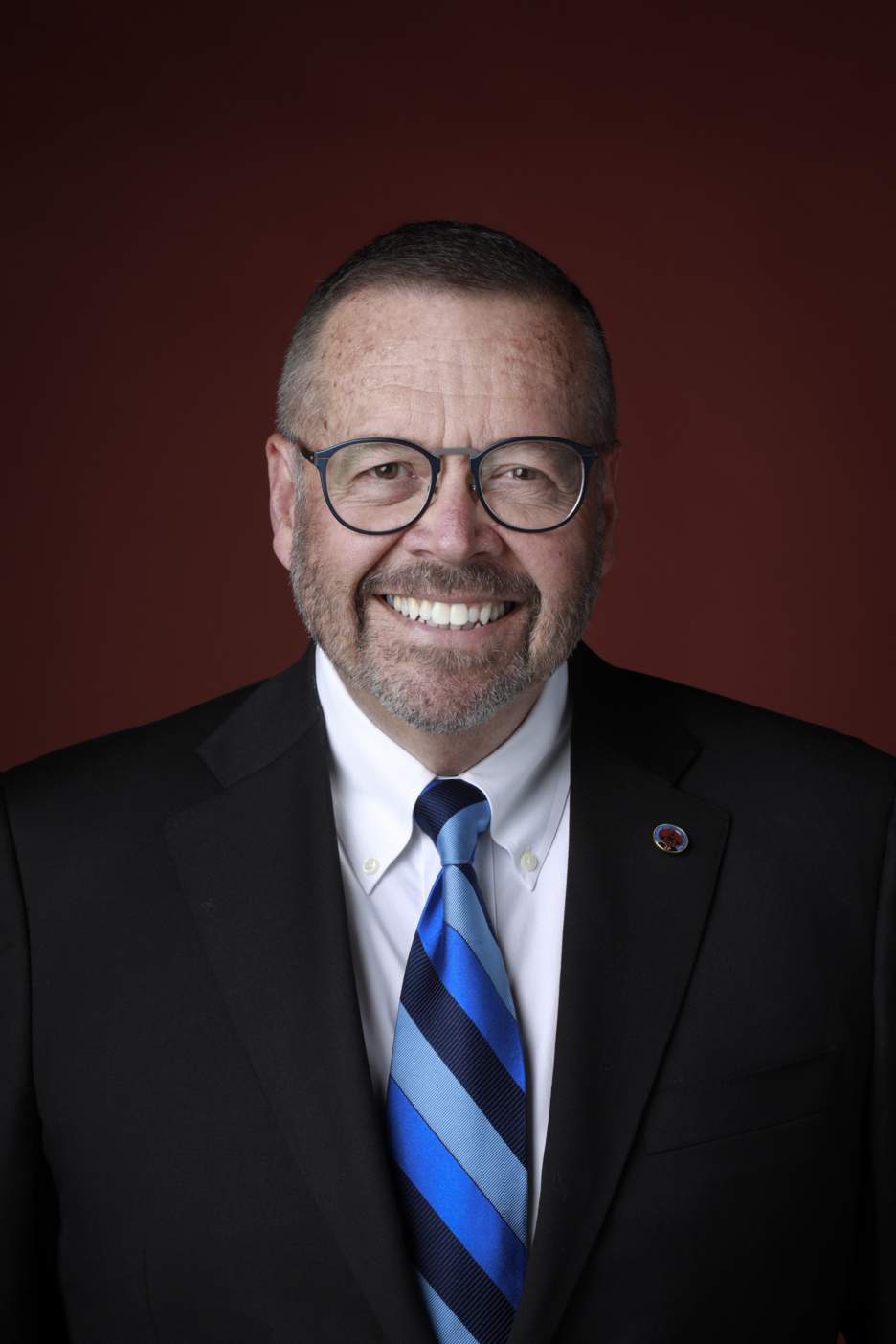
Steven A. Beebe
Ph.D., University of Missouri-Columbia
Steven A. Beebe is Regents’ and University Distinguished Professor Emeritus of Communication Studies at Texas State University. He served as Chair of his department at Texas State for 28 years and concurrently as Associate Dean of the College of Fine Arts and Communication for 25 years. Prior to joining the faculty at Texas State, he was a tenured member of the Communication faculty at the University of Miami for 10 years. He is author and co-author of fourteen books (with editions totaling more than 75 books) that have been used at hundreds of colleges and universities (including international, Canadian, Russian, and Chinese editions) by several million students throughout the world. Steve’s research focuses on instructional communication and communication skill development. He is former president of the National Communication Association. His recent book, C. S. Lewis and the Craft of Communication (Peter Lang, 2020) reveals five communication principles that explain Lewis’s success as a communicator. Beebe made international headlines when conducting research at Oxford University when he discovered an unpublished manuscript written by C. S. Lewis that was the partial opening chapter of a book that was to be co-authored with J. R. R. Tolkien called Language and Human Nature. In 2016 and 2019 he also discovered unknown and unpublished poems by Lewis in the Oxford University Bodleian Library.

Clifford G. Christians
Ph.D., University of Illinois at Urbana-Champaign
Clifford G. Christians is the former director of the Institute of Communications Research and chair of the doctoral program in communications, positions he held from 1987–2001 and from 2007–2009. He has been a visiting scholar in philosophical ethics at Princeton University, a research fellow in social ethics and a visiting scholar at the University of Chicago, and a PEW fellow in ethics at Oxford University. He has a Doctor of Letters DLitt Honoris Causa Degree from Marquette University and an honorary Doctor of Humane Letters degree from Emerson College. He was a Charles H. Sandage Distinguished Professor, has won six teaching awards, and is a faculty member in the Fulbright Specialist Program. His research is in the philosophy of technology, communication theory, and media ethics. A Festschrift Ethics and Evil in the Public Sphere has been published in his honor.
He is a founding member of the International Ethics Roundtables with venues in Stellenbosch, Dubai, Delhi, and Beijing. He has lectured or given papers or taught classes in thirty-five countries. He is listed in Who’s Who in America, Who’s Who in the World, International Who’s Who in Education, and Outstanding Scholars of the 21st Century: Communication Ethics. The Carl Couch Center for Social and Internet Research offers annually the Clifford G. Christians Ethics Research Award. He has been given academic awards such as these: Ethics Scholar Award (Lambda Pi Eta Honor Society, Duquesne University; the AEJMC Presidential Award for distinguished service and AEJMCs Paul J. Deutschmann Award for Excellence in Research; James A. Jaksa Ethics Scholar in Residence; Ralph Crossman and FIRST Scholar awards (University of Colorado); Fellow at the University of Stellenbosch Institute for Advanced Study; Honor Medal for Distinguished Service in Journalism (University of Missouri); Best Edited Book of the Year (with Lee Wilkins, Handbook for Media Ethics); Kappa Tau Alpha Award for Normative Theories of the Media; Distinguished Scholar Award from the National Communication Association; James W. Carey Media Research Award; First Place Faculty Research Paper award (with Stephen Ward, from Media Ethics Division, AEJMC); Louis Forsdale Award as Outstanding Educator in the Field of Media Ecology; Charles Colson Award for Outstanding Contribution to Ethics, Media and Culture; and the Guido H. Stempel III Award for Journalism and Mass Communication Research.
Dr. Christians has published essays on professional ethics in Journalism Monographs, Journal of Broadcasting, Journalism History, Ethical Perspectives: Journal of the European Ethics Network, Ethical Space: The International Journal of Communication Ethics, Journal of Communication, Journal of Mass Media Ethics, Media Development, Communication, Qualitative Inquiry, Media Ethics, Communication Research Trends, Equid Novi: African Journalism Studies, Qualitative Inquiry, Communications and Convergence Review, European Journal of Communication and the International Journal of Mass Communication Research. He has contributed entries on media ethics or its equivalent to a dozen encyclopedias and handbooks. He serves on the Editorial Boards of two dozen academic journals, is the former editor of Critical Studies in Media Communication and of The Ellul Forum, and currently serves as the Executive Publisher of Media Ethics. His work has been translated into French, German, Spanish, Romanian, Portuguese, Ukrainian, Mandarin, and Korean.
He completed the third edition of Rivers and Schramm’s Responsibility in Mass Communication, and has coauthored Jacques Ellul: Interpretive Essays with Jay Van Hook, and has written Teaching Ethics in Journalism Education with Catherine Covert. His book by Oxford University Press was published in 1993, Good News: Social Ethics and the Press, coauthored with John Ferre and Mark Fackler. His book with Michael Traber Communication Ethics and Universal Values was published by Sage, 1997. In 2002 he co-edited with Sharon Bracci, Moral Engagement in Public Life: Theorists for Contemporary Ethics. His book with colleagues Glasser, McQuail, Nordenstreng and White, Normative Theories of the Media (2009), and (with Linda Steiner) Key Concepts in Critical Cultural Studies (2010) were both published by the University of Illinois Press. His Handbook of Mass Media Ethics (with Lee Wilkins) was published by Routledge in 2009 (2nd ed, forthcoming). With John Merrill, he co-edited Ethical Communication: Five Moral Stances in Human Dialogue, University of Missouri Press, 2009. Oxford University Press published his book with Mark Fackler and John Ferre, Ethics for Public Communication, in 2012. His sales-leader textbook, Media Ethics: Cases and Moral Reasoning is in its eleventh edition. He co-edited (with Kaarle Nordenstreng), Communication Theories in a Multicultural World (Lang, 2014).

Lance Croy
Ph.D., Southeastern University
Lance Croy is a SAG/AFTRA member who has performed in and produced theatrical, commercial, and industrial film projects. Currently, he is the Assistant Professor of Communications+Media+Arts at Providence Christian College. He presented at the University of Michigan’s Arts, Sciences, and Letters Conference, the Association for Theatre in Higher Education Symposium, and Regent University’s Leadership Roundtable. His peer-reviewed publication on Charles Spurgeon and Followership is in the Theology of Leadership journal. Finally, Lance has edited three plays published by Integratio Press written by Paul D. Patton, whom he considers a mentor. Lance, his wife Tara, and their son Zayvier reside in Pasadena, CA.
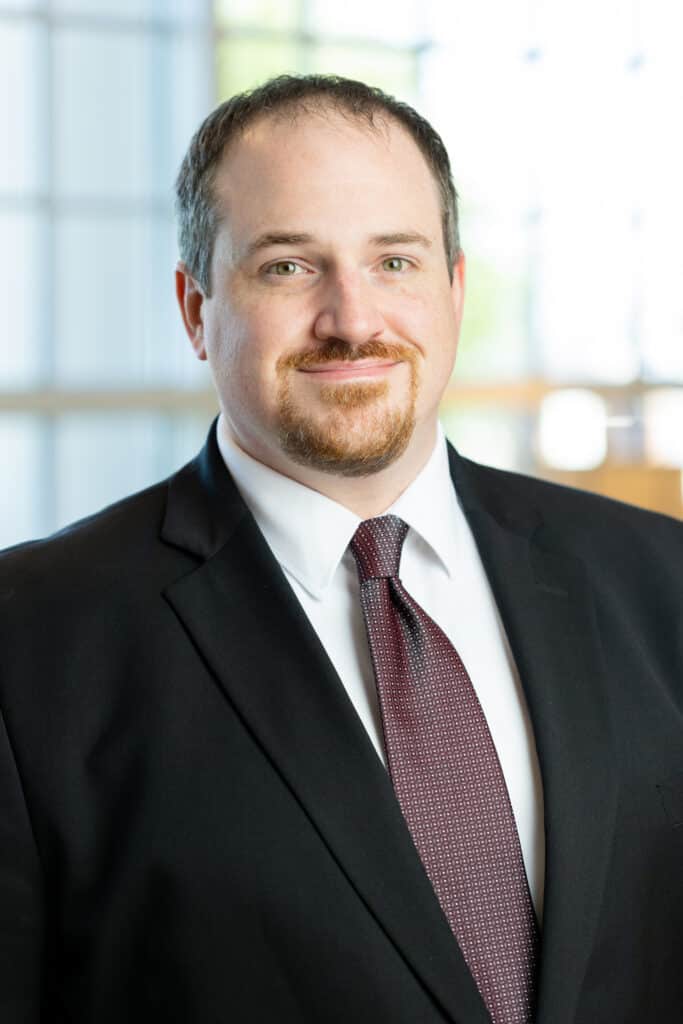
John T. Dunkle
Ph.D., Regent University; M.Div., Liberty University
John T. Dunkle is assistant professor of strategic and personal communication at Liberty University. He teaches Communication Theory, Communication Research, Leadership Communication, Intercultural Communication, Interpersonal Communication and more at both the undergraduate and graduate levels residentially. Dr. Dunkle has a diverse professional background with experience in both media and business, serving as a communication consultant prior to his career in higher education. Additionally, he has nearly two decades of preaching and other ministry experience, such as youth pastoring, interim leadership, and teaching undergraduate Christian worldview and theology courses. His research interests are primarily in the intersection between theology and communication, and he is passionate about helping others communicate Gospel-centered messages in compelling ways. Learn more about Dr. Dunkle.
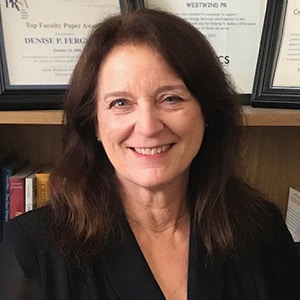
Denise Edwards-Neff
Ph.D., Purdue University
Denise Edwards-Neff has held administrative and faculty positions at Azusa Pacific University, Pepperdine University, Indiana Wesleyan University, and the University of Indianapolis, and is currently Affiliate Faculty and Expatriate Recruiter at LCC International University. She has designed and taught a wide variety of courses in public relations, media, journalism, rhetoric, and communication.
Dr. Edwards-Neff’s research specialties the intersection of faith and the public sphere, media, activism, and crisis communication, and her work has been published in edited volumes of Integratio Press, Handbook of Strategic Communication, Handbook of Organizational Rhetoric and Communication, Oxford Handbook of Religion and the News, The Handbook of Public Relations, Journal of Communication and Religion, Journal of Christian Teaching Practice, Journal of Public Relations Research, Public Relations Review, Public Relations Journal, Quarterly Review of Business Disciplines, and Business Review Yearbook.
She is a past president of the Religious Communication Association and chair of the Public Relations Division of the National Communication Association, and served on the international Commission on Public Relations Education and on the board of the Public Relations Society of America-Los Angeles. She has more than ten years of experience in professional public relations in higher education, corporate, and nonprofit organizations. She and her husband Curt reside in Moorpark, California.
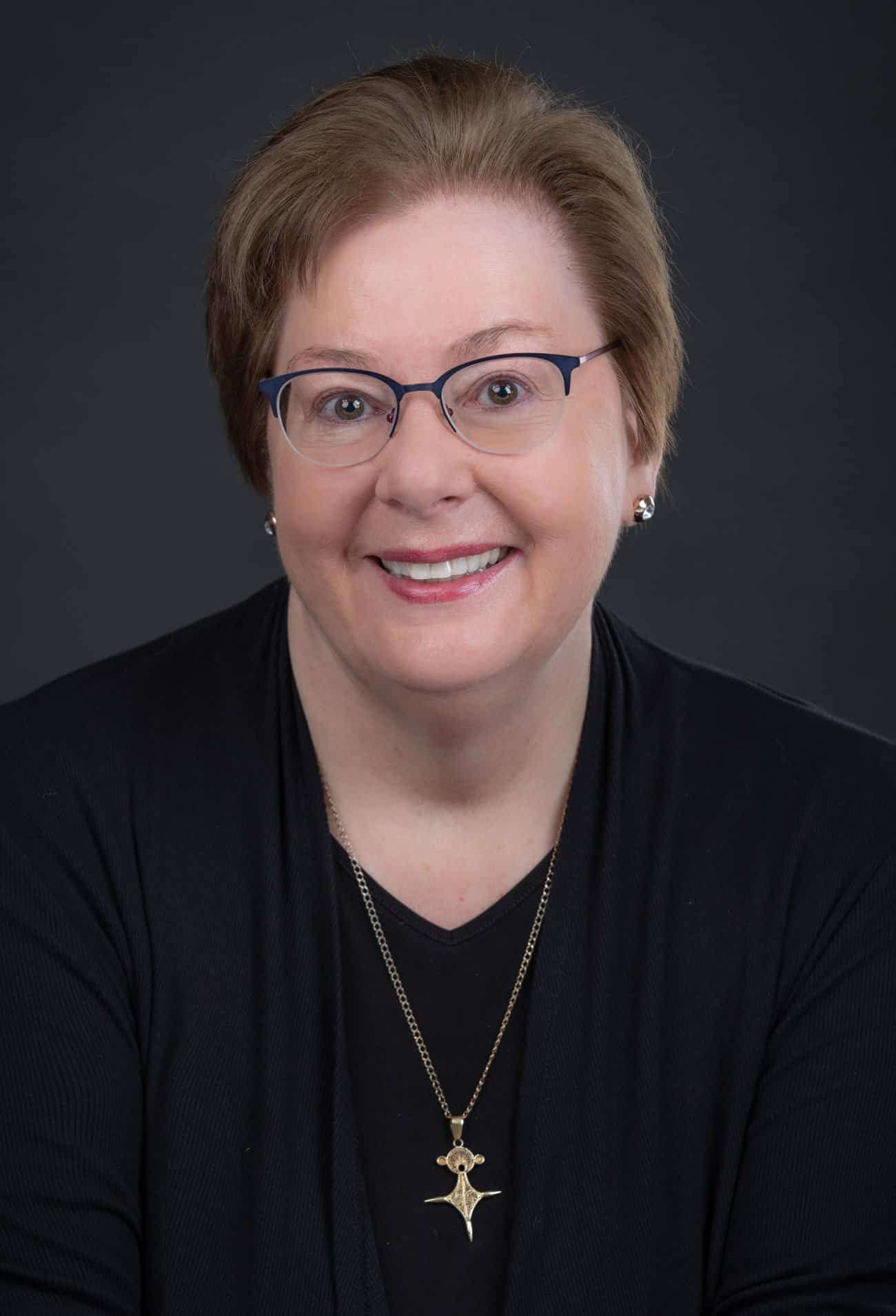
Geri E. Forsberg
Ph.D., New York University
Geri E. Forsberg has served with Cru (Campus Crusade for Christ) since 1975. Currently, Geri is a faculty fellow with Faculty Commons (Cru) and serves on the English Department faculty at Western Washington University. She serves on the board of directors for the International Jacques Ellul Society, the editorial board of New Explorations: Studies in Culture and Communication (NExJ) and Second Nature, an online journal for critical thinking about technology and new media in light of the Christian tradition. Her more recent writings have focused on the relationship between the faith of our communication founders and communication studies.

Janie Harden Fritz
Ph.D., University of Wisconsin-Madison
Janie Harden Fritz is professor and director of the BA, MA, and PhD programs in the Department of Communication and Rhetorical Studies. Dr. Fritz teaches courses at the undergraduate, MA, and PhD levels, including Exploring Interpersonal Communication, Exploring Leadership Communication, Intercultural Communication, Organizational Communication, Communication Research Methods, Communication Ethics and Professional Civility, Rhetoric and Philosophy of Organizational Communication and Leadership, and Rhetoric and Philosophy of Interpersonal and Intercultural Communication. Dr. Fritz holds the William Patrick Power, C.S.Sp. Endowed Chair in Academic Leadership (2019–2024).
Dr. Fritz’s research focuses on communicative practices that constitute, sever, and restore the ties that bind individuals to the institutions of which they are a part. She is the author of Professional Civility: Communicative Virtue at Work (Peter Lang) and has co-edited or co-authored four other books. Her most recent work focuses on the intersection of professional civility and leadership practices. Dr. Fritz is a past president of the Eastern Communication Association and the Religious Communication Association (RCA) and currently serves as executive director of the RCA. Dr. Fritz is editor-in-chief of Listening/Journal of Communication Ethics, Religion, and Culture and editor of the Journal of the Association for Communication Administration.
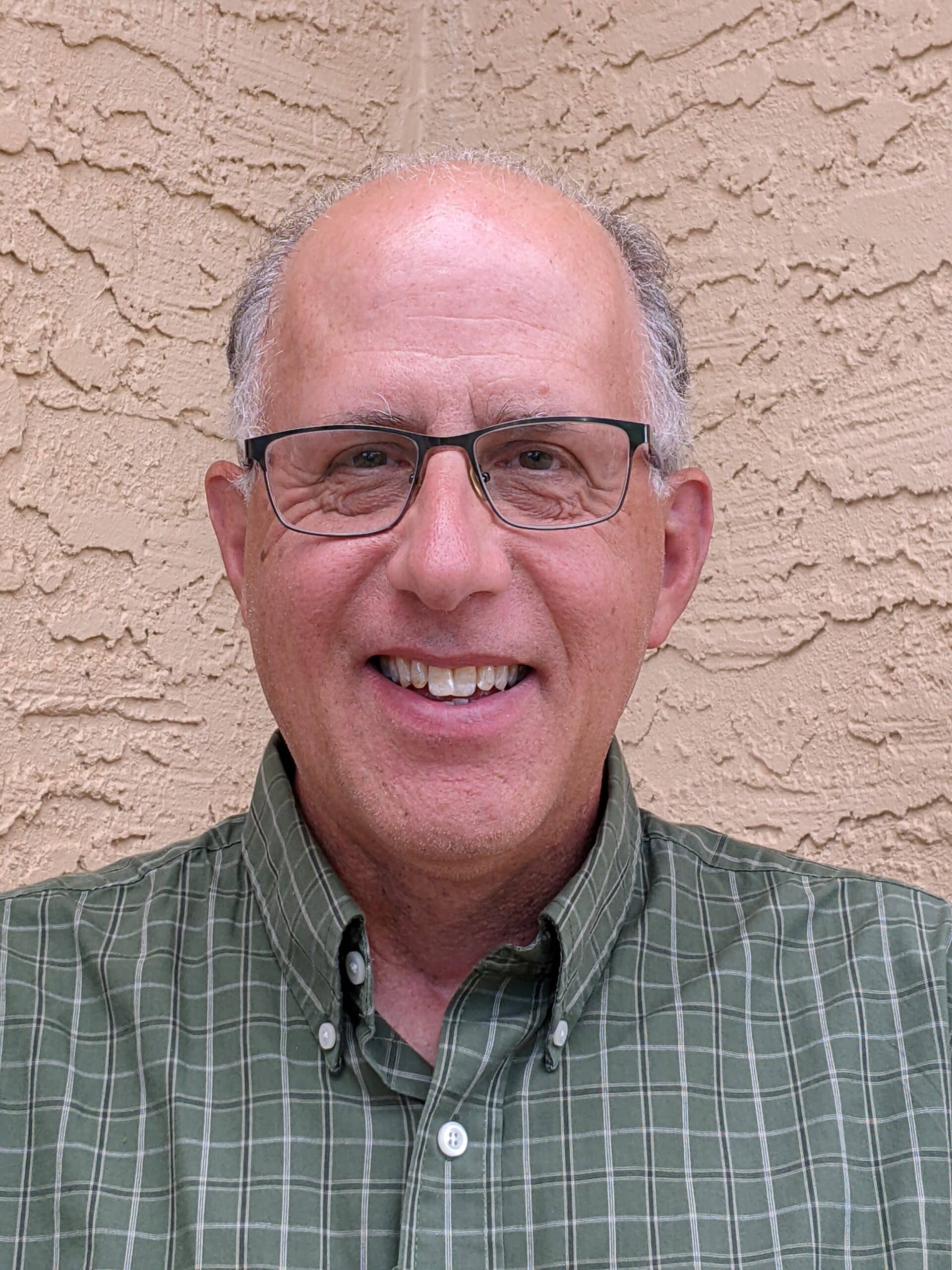
John B. Hatch
Ph.D., Regent University
John B. Hatch became interested in the intersection of faith, communication, and culture through his involvement in Youth With A Mission in Mexico, Belize, Honduras, and Navajoland during the 1980s. After getting his MA in Teaching English as a Second Language, he worked in Kazakhstan for nearly three years as a visiting lecturer at Ahmed Yasawi University. During his doctoral studies at Regent University, his intercultural interests broadened, and he began to focus on race relations and public reconciliation initiatives.
Upon completion of his PhD, John taught for eight years at the University of Dubuque, including four years in an endowed faculty position within the Wendt Center for Character and Ethics. He then taught at Eastern University for 11 years, chairing its Communication Studies Department during the latter half of that period. Upon his retirement in 2022, he began serving as a Senior Fellow of CCSN.
Dr. Hatch’s research interests include racial reconciliation, public apologies, dialogic rhetoric, religious discourse, the rhetoric of popular music, and contemporary Christian music. He has made numerous presentations at academic conferences on these topics. His published essays appear in such peer-reviewed journals as Quarterly Journal of Speech, Rhetoric & Public Affairs, Communication Quarterly, Western Journal of Communication, the Journal of Communication & Religion, and CCSN’s Journal of Christian Teaching Practice, as well as several edited books. He is the author of an award-winning scholarly monograph on the rhetoric of racial reconciliation and an undergraduate-friendly anthology of speeches on reconciliation by diverse political and religious leaders.
John is currently working on understanding Christians’ troubled relationships with social justice and politics, and he continues to study how the rhetoric of music can shape listeners’ understandings of faith, race, and society. In addition to writing and editing for Integratio Press, he publishes a column for CCSN titled Crossed My Mind: Thoughts on Culture and Communication. He currently lives in the geological wonderland of western Colorado with his wife, Christie, and their lovable beagle, Beau.
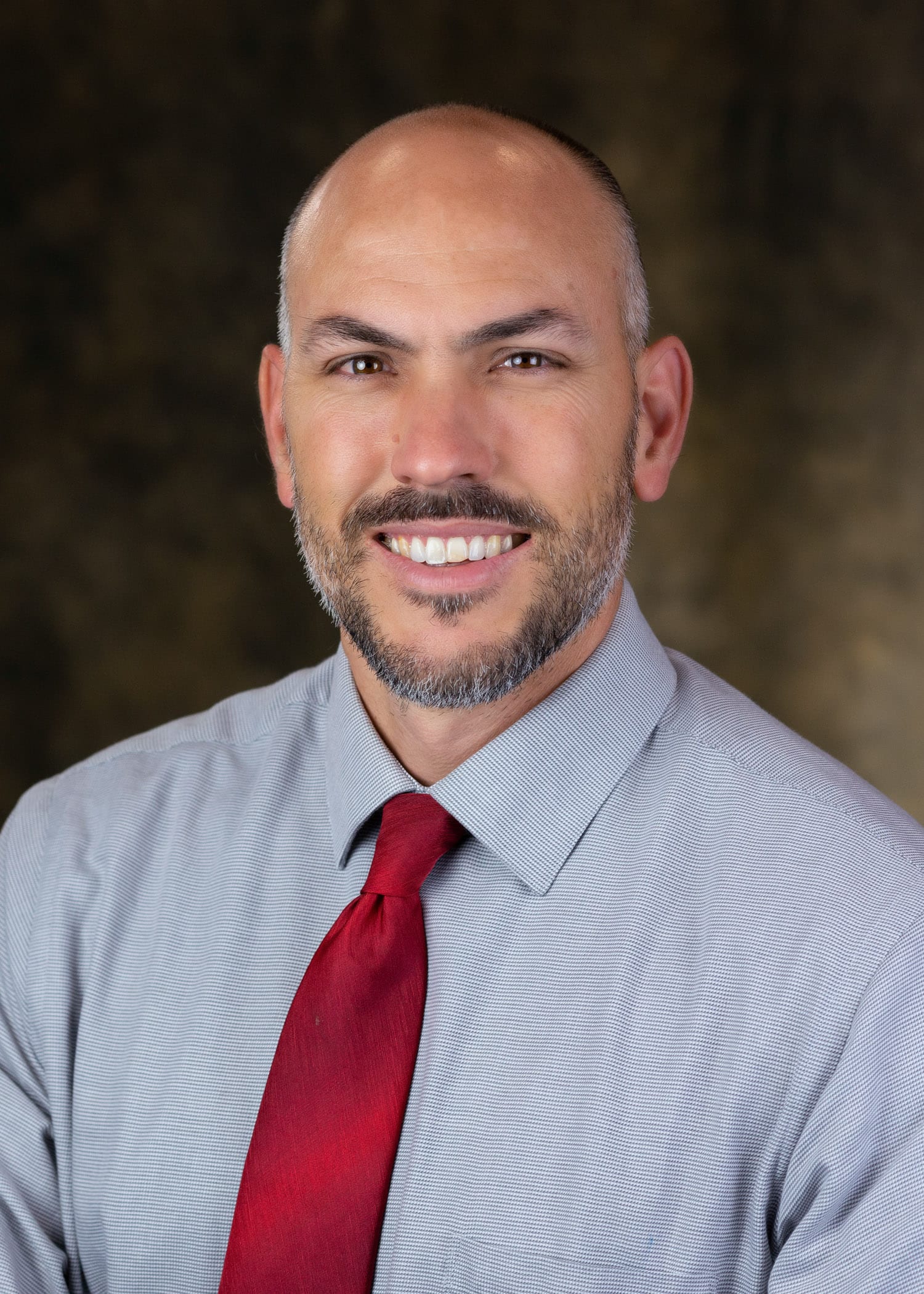
Joshua Hill
Ph.D., Rhetoric, Duquesne University
Joshua Hill has earned graduate degrees in both Communication and English, has taught for over twenty years, and has practiced the craft of copyediting all along the way. Currently an Associate Professor and department head at Pennsylvania College of Technology, Hill helps lead his institution in Writing Across the Curriculum while also maintaining his own writing and research in rhetoric and hermeneutics, especially in the context of Evangelicalism. His dissertation on Augustine and Evangelical hermeneutics won the Religious Communication Association’s 2017 Dissertation of the Year Award, and he has published chapters on divine communication, Paul Ricoeur, Information Literacy in the digital age, Kenneth Burke’s eloquence, and C.S. Lewis’s rhetoric of fiction. Doing copy work in both academia and business, Hill has edited dissertations, academic books, and websites while also writing tailored content for websites, business books, and advertising scripts. Whether writing, advising writers, or editing, his joy is to find the “words fitly spoken” that channel grace to the audience in its situation. Learn more about Dr. Hill.
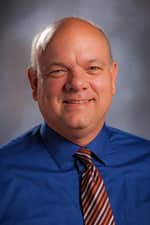
John Katsion
Ph.D., Regent University
John Katsion has dedicated himself to teaching communication studies for over thirty years, and his extensive academic background speaks to his passion for the field. John received his BS in Bible and Speech from Pillsbury Baptist Bible College in 1990, followed by an MA in Speech Communication from Minnesota State University, Mankato, and his PhD from Regent University in Virginia Beach, VA, in 2005.
John has primarily taught in Christian higher education institutions throughout his career but has been teaching at Northwest Missouri State University in Maryville, MO, for the last ten years. His academic focus has been serving and shaping the minds and lives of the students he has been blessed to come across, whether in face-to-face or online classes. John’s teaching has been the cornerstone of his academic life, and he has published many of his pedagogical activities in academic journals and books over the years. In addition to his teaching, John has dedicated much of his academic focus to rhetorical studies, with a particular interest in visual rhetoric and the rhetoric of religious music. His work has been published in various academic journals and book chapters, covering a range of visual and sacred music texts. The ideas of Kenneth Burke and Barry Brummett have significantly influenced John’s research. He has presented at multiple conferences showing how their ideas can help us understand the rhetorical power of an image or a song. Administratively, John has held various leadership roles in national communication associations, including chairing the Visual Communication Division of the National Communication Association twice and serving in the Senate of the National Communication Association.
Outside of his academic pursuits, John spends his summers practicing the craft of preaching. He preaches in churches in Missouri and Iowa and speaks to 4th–6th graders at camps across the country. His ministry has even spawned a podcast called Baldhead Bible, which ministers weekly to its many listeners. John is happily married to Peggy, and the couple has three children, Jacob, Lincoln, and Elijah.
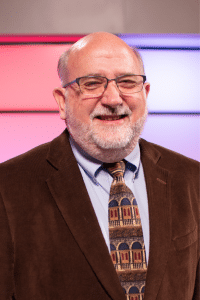
Cecil Kramer, Jr.
D.Min., Bethel Seminary; M.Div., Liberty University
Cecil Kramer, Jr. is Professor of Communication and co-director of the residential MA programs for the department of Strategic and Personal Communication at Liberty University. He teaches courses in argumentation, persuasion, small group communication, communication in Christian ministry, leadership, rhetorical criticism, storytelling, and communication and conflict. He serves as a thesis Chair and as a Reader each semester. In addition to his over 40 years of teaching at the undergraduate and graduate levels, he served as a pastor for 10 years and has taught a Sunday School Class at his local church for over 20 years. He is an active member of NCA, presenting papers and serving as a councilor for the Religious Communication Association at various times. His special interests include scholarship in rhetorical criticism of religious communication and movements and leadership communication in ministry. He and his wife live in Forest, VA, and are the parents of three children and 14 grandchildren.

A. Chase Mitchell
Ph.D.,Texas Tech University
Chase Mitchell is Associate Professor of Media & Communication at East Tennessee State University, where he teaches undergraduate and graduate courses in multimedia production, strategic communication, and media ecology, among others, and directs the Technical & Professional Writing Program. Chase’s popular and scholarly work has appeared in venues such as Christian Scholar’s Review, FaithTech, and Christ & Pop Culture. He contributes a monthly online column, “Image to Image,” for the Christianity & Communication Studies Network. Chase lives in Bristol, Tennessee, with his wife Mott and their two dogs, Bigfoot and Fuzzle. He enjoys baseball, books, and British comedy.
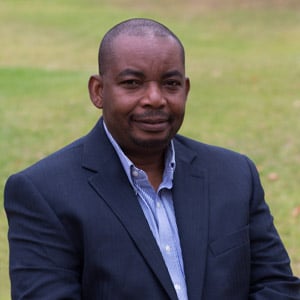
Bala A. Musa
Ph.D., Regent University
Bala A. Musa is a communication studies generalist and teaches human communication, corporate communication, media studies, and journalism courses. He employs a learner-centered, integrative approach to teaching that makes learning relevant, contextual, transformative, and engaging. As a teacher, scholar, and mentor, Musa models the belief in teaching as a mode of friendship and a commitment to holistic excellence.
His research interests include mass media ethics, communication and conflict, international and development communication, as well as media and popular culture. He is active in many national, regional, and international academic and professional associations. He currently serves on the editorial board of the American Communication Journal and the Journal of African Social Sciences and Humanities Studies.

Mark Allan Steiner
Ph.D., Indiana University
Mark Allan Steiner is Associate Professor of Communication at Christopher Newport University in Newport News, Virginia, and is a past president of the Religious Communication Association. His areas of expertise include rhetorical theory and criticism, religious rhetoric, public/political discourse, and the relationship between mediation and religious identity. He is the author of The Rhetoric of Operation Rescue: Projecting the Christian Pro-Life Message (2006) and “Reconceptualizing Christian Public Engagement: ‘Faithful Witness’ and the American Evangelical Tradition” (2009) and has published a range of articles and book chapters on evangelical Christian rhetoric, media and religion, undergraduate communication pedagogy, and rhetoric education at the primary and secondary school levels. He lives in Suffolk, Virginia with his wife and four children.
